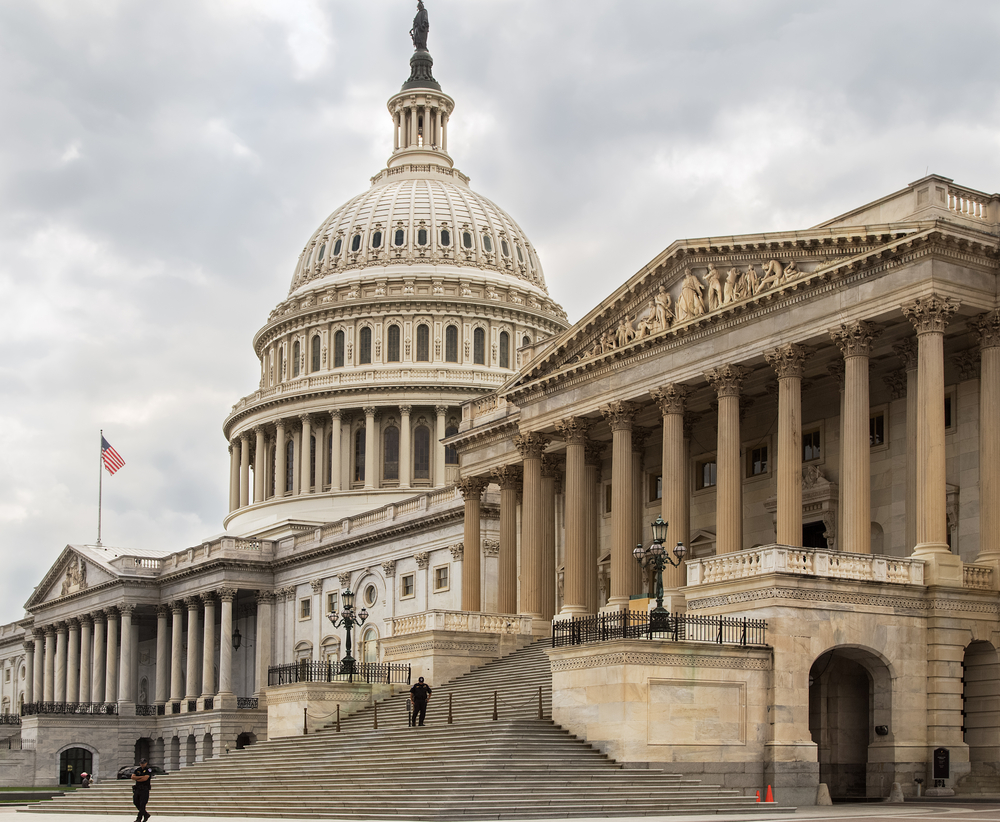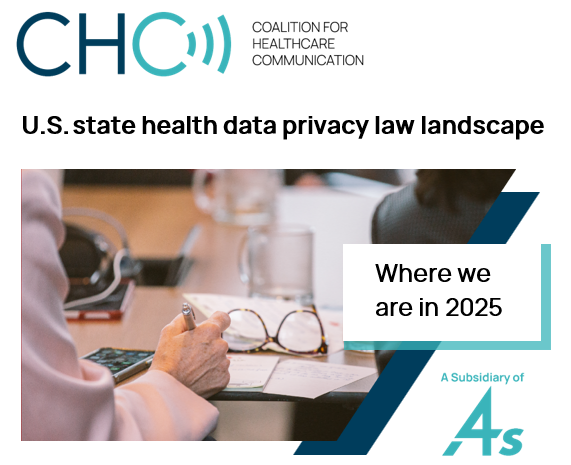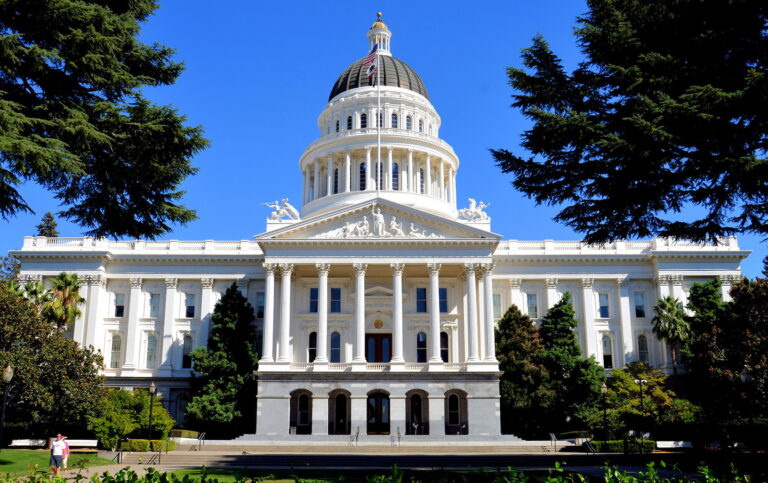Dec. 12, 2019 – Privacy for America, a coalition of advertising grade groups, last week released “Principles for Privacy Legislation” that it believes ““would fundamentally change the way personal data is protected and secured in this country,” and that it hopes Congress will consider as the framework for new federal legislation.
The Privacy for America framework promotes establishing a new data protection bureau at the Federal Trade Commission (FTC) and endorses authorizing FTC rulemaking and providing civil money penalty authority to both the FTC and state attorneys general.
Unlike current approaches, the principles set forth by Privacy for America would not rely on “notice and choice” schemes to protect personal data; instead they are defining and prohibiting “practices that put personal data at risk or undermine accountability, while preserving the benefits to individuals and our economy that result from the responsible use of data.” The framework also prohibits companies from obtaining a range of sensitive information – including health information – without obtaining consumers’ express consent.
“While the California Consumer Privacy Act will likely be considered the de facto standard in 2020, there should be a better solution to protect consumers while still allowing appropriate use of data,” said Jon Bigelow, executive director of the Coalition for Healthcare Communication. “Privacy for America takes an interesting new approach, shifting much of the burden of sifting through the legal and technological complexities from the consumer to the government.”
Privacy for America’s new paradigm spells out prohibited data uses and includes several additional provisions that, when taken together, “constitute a comprehensive privacy framework,” according to a Privacy for America press release on the proposed principles. Among the framework’s provisions are:
- Prohibitions against using consumer data to determine eligibility for a job, health care, financial aid, insurance, credit or housing outside of existing laws governing eligibility for these important benefits;
- Prohibitions against discrimination by using consumer data to set higher prices based on an individual’s race, color, religion, sexual orientation, and more;
- Prohibitions against using sensitive information like health, financial, biometric, and geolocation data without first obtaining users’ express consent;
- Provisions protecting so-called “tweens”: a vulnerable group of consumers over age 12 and under age 16 that is actively engaged online but not often subject to constant parental oversight;
- A requirement that companies make privacy policies much easier to read and understand;
- Provisions that give consumers the right to request access to and deletion of the personal information that a company holds about them, as well as the right to port certain data from one platform to another;
- A provision allowing individuals to choose to limit companies’ use of personal information to draw detailed inferences or make predictions about them, with certain exceptions; and
- Significant new rulemaking authority, resources, and staff that will allow the FTC to more aggressively pursue and punish bad actors, bolstered by enforcement by state attorneys general.
After a Dec. 4 hearing held by the Senate Commerce Committee, Privacy for America issued a statement asserting that “there remains an extremely strong and bipartisan desire in Congress for federal privacy legislation.
“We heard calls – from both lawmakers and witnesses – for a privacy framework that shifts the burden away from consumers and clearly bars companies from engaging in harmful data practices,” according to the statement. “With comprehensive privacy bills now out from both the Chairman [Sen. Roger Wicker, R-Miss.] and Ranking Member [Sen. Maria Cantwell, D-Wash.], we look forward to working with both sides over the coming months to forge bipartisan consensus legislation that provides a strong federal standard protecting all Americans.”
The Privacy for America steering committee includes leaders from the American Association of Advertising Agencies, the Association of National Advertisers, the Digital Advertising Alliance, the Interactive Advertising Bureau, and the Network Advertising Initiative.
When Privacy for America was formed in April 2019, 4A’s Executive Vice President for Government Relations Dick O’Brien, who also serves on the Coalition for Healthcare Communication Executive Committee, explained that although the advertising industry has been self-regulating for more than a decade, “that era is over and federal regulation is now supported by both the government and the industry.”
O’Brien told the Coalition that “industry believes that the federal government is needed to create a uniform federal law that preempts most state laws; government officials recognize that industry expertise is needed to protect both consumers and the marketplace from unintended adverse consequences.”




